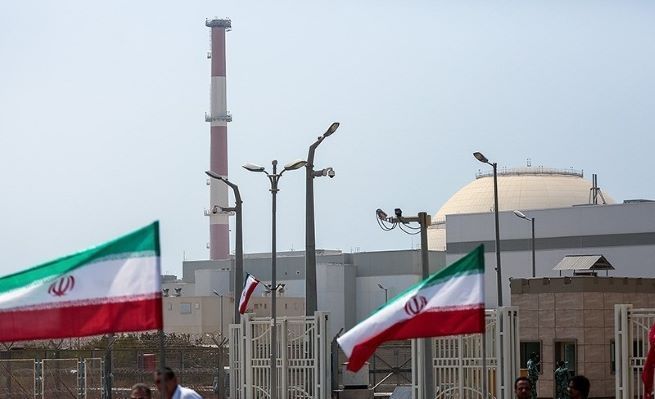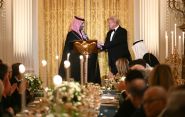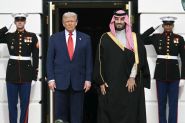- Home
- Middle East
- Iran says Open to Regional Nuclear Fuel Consortium

©AFP
Iran on Monday said it was open to establishing a regional nuclear fuel consortium, reiterating that it would not stop enriching uranium.
Tehran and Washington have held four rounds of Omani-mediated nuclear talks since April 12, the highest-level contact between the two foes since the United States abandoned the 2015 nuclear accord.
US officials have recently voiced strong opposition to Iran's uranium enrichment activities, while Tehran has repeatedly insisted that it was "non-negotiable".
International media, including The Guardian and The New York Times, have in recent days reported that Iran floated the idea of forming a regional consortium to enrich uranium.
Iranian foreign ministry spokesman Esmaeil Baqaei denied that Iran had proposed the idea but said it was floated in the past by several countries, without elaborating.
"One of the justifications (for such a proposal) is that the Middle East region and the Persian Gulf countries may need nuclear power and would like to build new power plants, and these power plants require nuclear fuel," said Baqaei during a weekly press briefing.
"If such an initiative is proposed, we would welcome it and could also participate in it, but it should be noted that such an initiative is in no way intended to replace Iran's uranium enrichment programme," he added.
On Tuesday, The New York Times quoted four anonymous Iranian officials as saying that Tehran had suggested "a joint nuclear-enrichment venture involving regional Arab countries and American investments".
The venture would serve "as an alternative to Washington's demand that it dismantle its nuclear program", it added.
On Sunday, Iran's Foreign Minister Abbas Araghchi said Tehran would continue enrichment "with or without a deal" after US negotiator Steve Witkoff said Washington "cannot allow even one percent of an enrichment capability".
Iran currently enriches uranium to 60 percent, far above the 3.67-percent limit set in the 2015 deal but below the 90 percent needed for a nuclear warhead.
Western countries, including the United States, have long accused Iran of seeking to acquire atomic weapons, while Iran insists its nuclear program is for peaceful purposes.
Since the start of the US-Iran talks, Tehran has repeatedly criticized what it has described as "contradictory" positions by US officials over its nuclear program, without elaborating.
On Sunday, Araghchi said Tehran has been observing "dissonance ... between what our US interlocutors say in public and in private."
With AFP
Read more



Comments